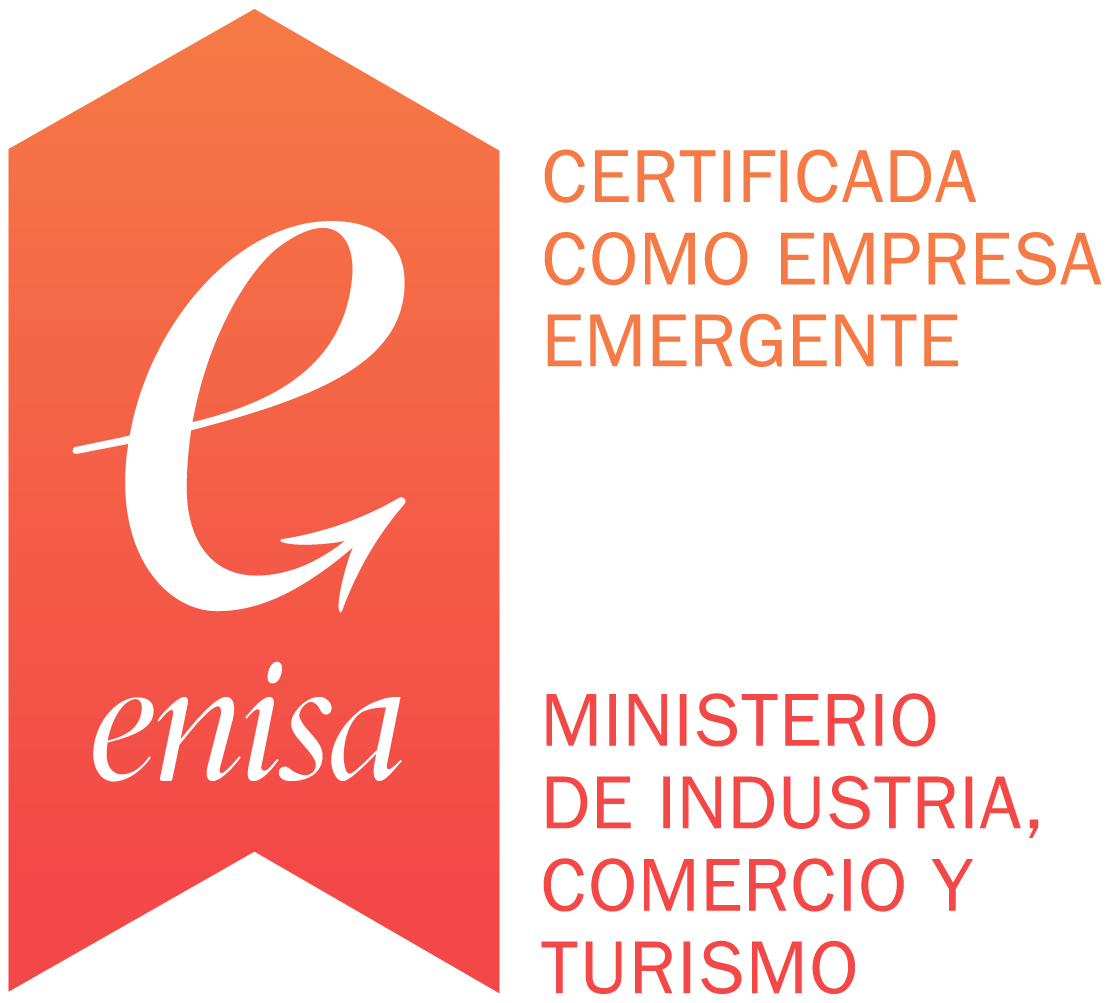How to develop a travel policy for your company?
A travel policy is essential. For the company, it is an effective way to manage travel, anticipate and manage costs, facilitate reimbursement management and save money.
For your employees, it is an important framework that shows them in all transparency what is or is not subject to reimbursement and under what conditions and proportions. Find out in this article how to draw up a travel policy, what it is, and how to make it work.
Definition of a corporate travel policy: what is a travel policy?
A corporate travel policy consists of setting the rules for employee travel, establishing a precise framework for defining the budget, monitoring expenses, means of transportation and accommodation, as well as internal approval processes.
In short, the definition of a business travel policy is to establish the rules to be respected. It also makes it possible to implement the framework contracts negotiated with partners (transportation, hotels, etc.).
The travel policy is a document that sets out all the rules, which makes it particularly important. It helps to avoid excessive, unnecessary or inappropriate expenditures and therefore acts as a safeguard.
Employees can consult it to make the right decisions, just as the company's CFO and accountants can use it to validate or reject an expense claim to justify their decision to an employee.
How can a travel policy be successful?
Developing a travel policy requires a lot of organization and time to properly analyze each situation, foresee various scenarios and make the right decisions. Although the magnitude of the task can be daunting, it is important to realize that it is a real investment that will give you a real return on your investment.
- A calmer relationship with your employees;
- A real time saver on a daily basis;
- Better organization;
- An important source of savings.
Here are 6 main points to consider when creating an effective travel policy.
1 Define the objectives of the travel policy
Being clear about what you want from the policy will allow you to draft it more effectively. The goal is usually to reduce costs while ensuring the comfort of your employees during their business trip.
The travel policy also establishes certain rules that must be followed to ensure the safety of your employees when they travel. Setting clear objectives will give you a guideline, which will make it easier for you, but of course you can add elements or adjust it later to optimize it whenever necessary.
Once these objectives have been set, you can begin to establish all the rules for the trip. Ideally, work with at least one employee who is used to conducting business travel for the company.
His industry experience will help you find the best compromise between costs for the company and the needs of the employees. He will also be able to provide you with issues and scenarios that you may not have thought of.
2 Offer flexibility to employees
Your travel policy lists all possible expenses and indicates the budget and preferred solutions (mode of transportation, type of accommodation, etc.). It should enable the employee to make the best spending decisions, so it is both an aid to the employee and a framework.
However, you should be aware of how your employees feel: a framework can easily be perceived as a prison if the rules are too strict. To avoid frustrating employees or locking them in, it is a good idea to give them several options, even if they are minimal.
For example, establish rules on the type of accommodation and its level of comfort, the maximum rate that should not be exceeded, without forcing the employee to go to a specific hotel.
Of course, if you have an agreement with a hotel chain, the question of choice of accommodation will not arise, but you can be flexible on other points, such as the services included, the choice of room or the freedom to take certain meals on site or elsewhere.
The same goes for transportation, you can set a budget and a date and then let the employee choose the most convenient departure time or mode of transportation within that price range.

3 Taking into account the needs of the company
Do a complete situation analysis: what are the most frequent destinations? What are the most efficient ways to get there? What are the real needs of your employees on site to meet your objectives?
Your travel policy must be based on the reality on the ground and the specific needs of your company, otherwise you run the risk of setting objectives that do not match reality.
You should therefore include at least one employee who participates in the business trips in your reflection. They will be able to point out inconsistencies in your policy and contribute ideas and practical solutions from their own field experience. In addition, employees will feel better about your travel policy if they know that one or more of their colleagues were consulted in its drafting.
4 Publicize your travel policy
This document is not only a guideline for the general manager, the company travel manager or the CFO, but also a guide explaining the company's travel policy to employees. This document must be known and easily accessible for consultation.
You have several options: make it available on the intranet, print it, email it to each affected employee, etc. Remember to inform your employees when changes are made to the document.
5 Using the right tools
Self-booking tool, corporate card, expense account management application... A whole range of tools are available to help you manage and automate the management of business travel expenses.
These tools are not only practical for management: they help you better anticipate costs, give you more control over current or future expenses and, in the long run, help you reduce business travel costs.
6 Define a budget
Establish a clear and relevant budget for each situation. Depending on the length of the trip, the destination and the type of assignment, the budget will not be the same. Use previous business trips made by your employees and analyze the different situations to define a consistent budget.
This budget should take into account everything that is common and foreseeable (lodging, transportation, food expenses, etc.) and also allow for additional expenses. For these additional expenses, provide a framework: what expenses, on what occasions and for what maximum amount?
Travel policy: an opportunity to digitize expense management
The travel policy allows you to clearly define who travels, when, under what conditions and for how much. More than a framework, it is a source of valuable information to help you better manage your expense reports.
It is therefore entirely appropriate to seize this opportunity to digitize the management of expense reports, especially since this digitization is also beneficial for your employees (time savings, peace of mind, simplicity, real-time tracking, etc.).
Digitizing expense report management not only has an immediate impact on business travel, but is also an effective way to create a true repository that will help you on a day-to-day basis.
For example, you will be able to collect sufficient data from each country visited by your employees to better determine which expenses are "normal" and which are potentially inappropriate. This handy tool will prove to be an asset in the fight against errors... and even more so in the fight against fraud!
Establishing a business travel policy requires organization, analysis and time. But once established, you will have a clear and practical basis for all company business travel. By following our advice, the whole chain is optimized: better organization, satisfied employees, cost reduction and time savings.

Vyootrip: A digital solution to implement your travel policies
In Vyootrip we offer a multi-device platform that allows companies to implement their policies, and provide autonomy to travelers when booking and managing their trips. Giving managers a solid system with which to control and monitor their expenses, as well as having a centralized overview of all the trips of their employees.






